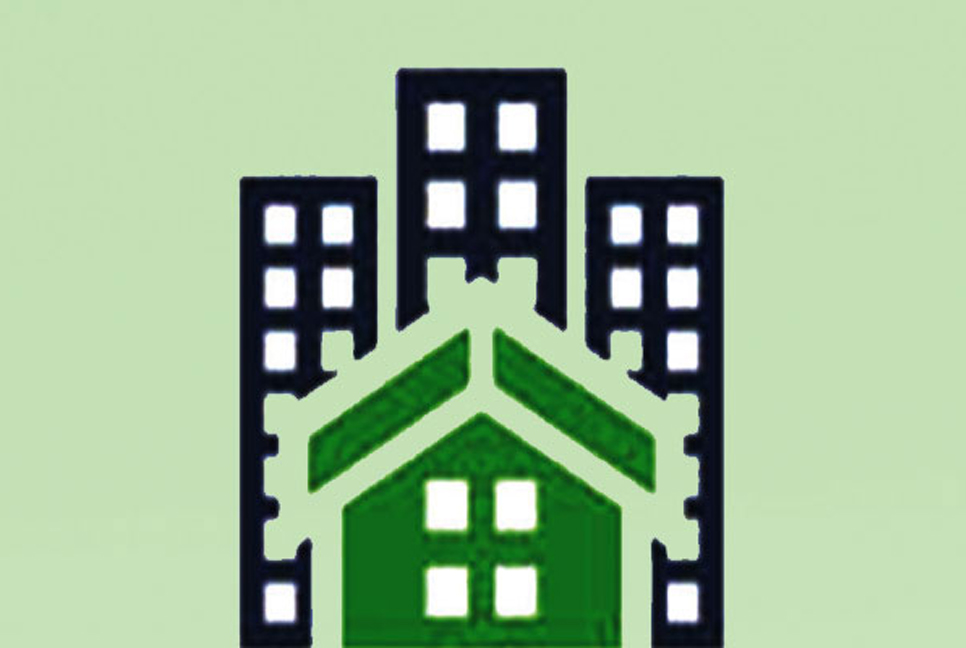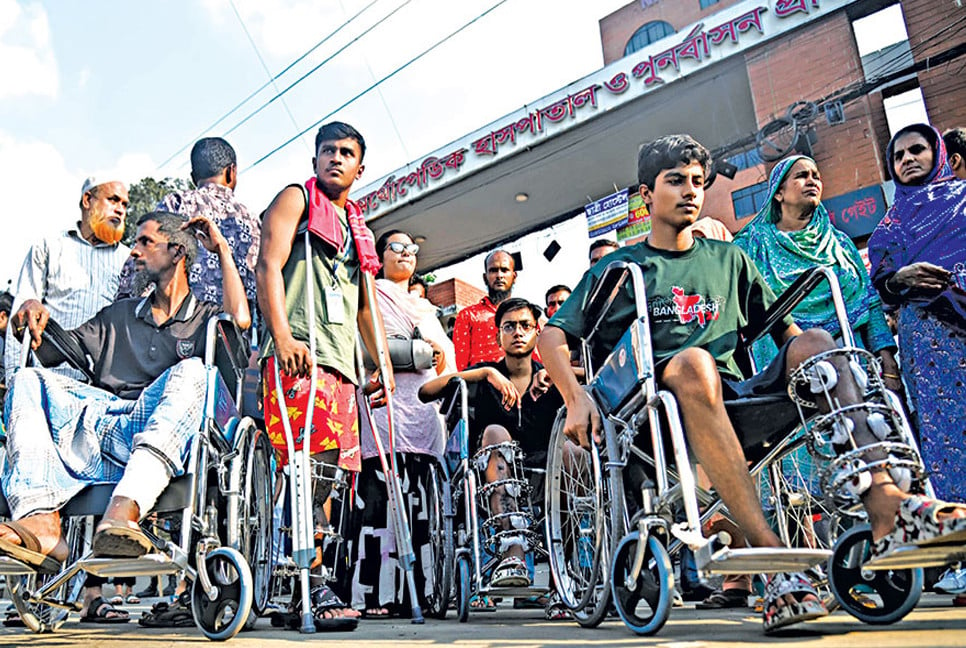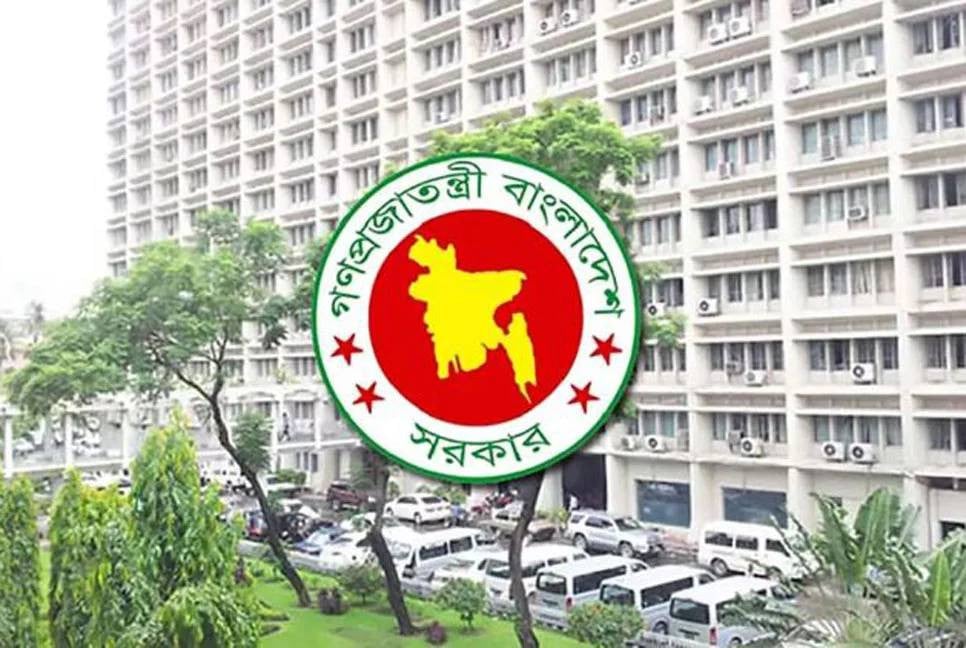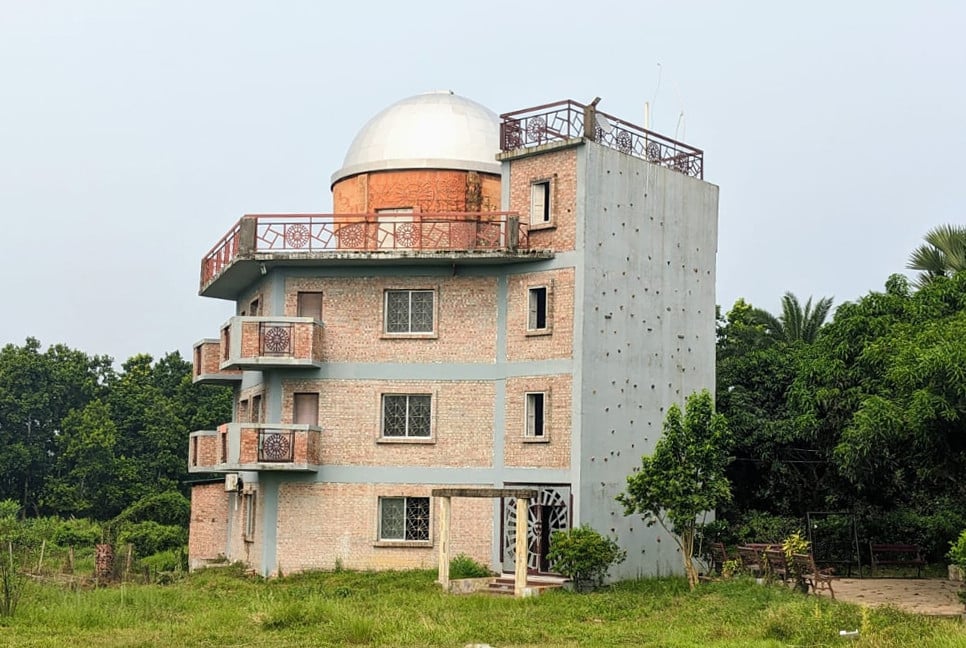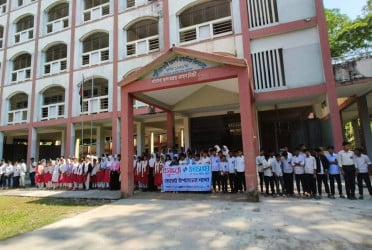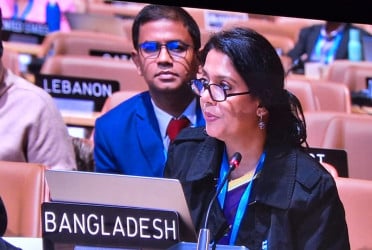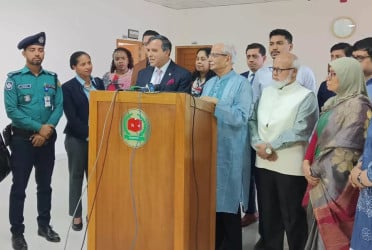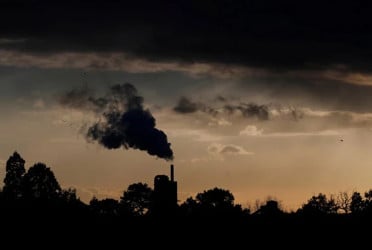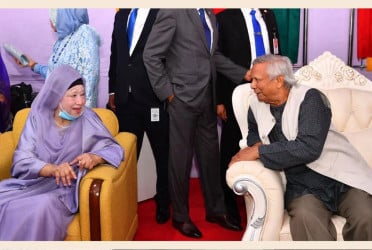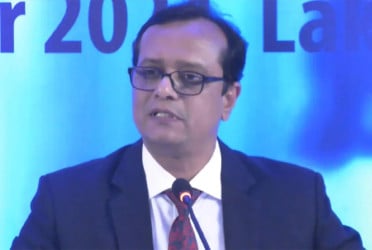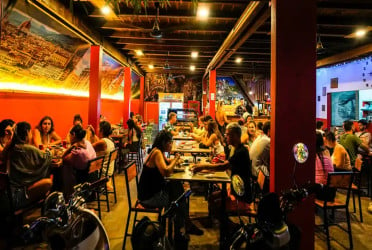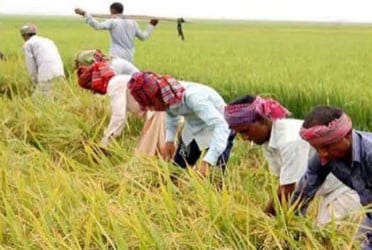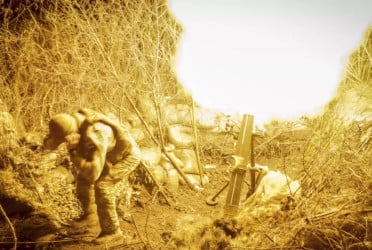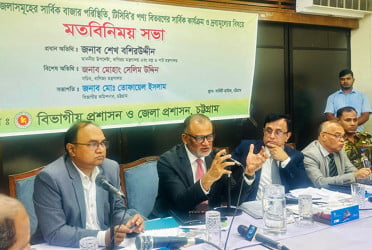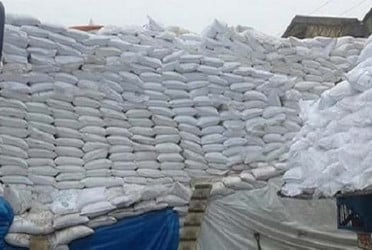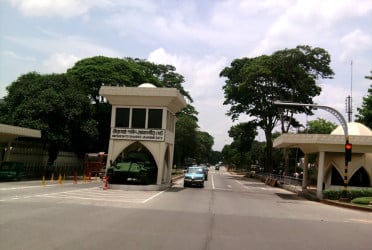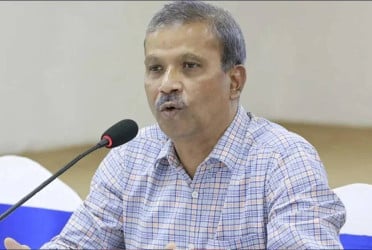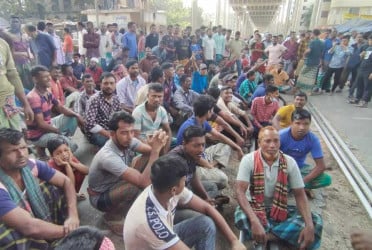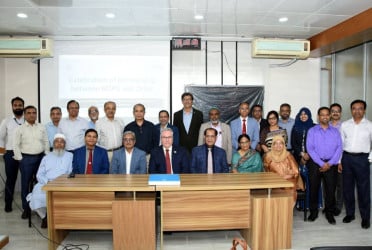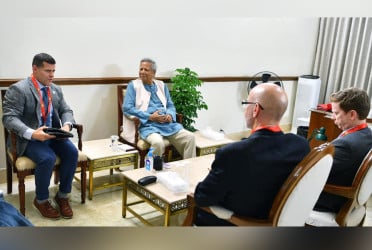The cost of land and construction materials for flats has surged, including increased registration expenses, which has diminished people's purchasing power due to high inflation. As a result, the real estate sector in the country continues to deteriorate.
Stakeholders are holding the existing economic stability responsible for the real estate sector's plight. They attribute the high costs of construction materials to the global crisis.
Alamgir Shamsul Al-Amin, president of the Real Estate and Housing Association of Bangladesh (Rehab), has emphasized the need to reduce registration expenses and make bank loans more accessible to boost the pace of real estate sector.
Talking to Bangladesh Pratidin he highlighted the necessity of reducing land and flat registration expenses to alleviate the crisis. Additionally, he called for making bank loans more lenient and enabling banks to be more supportive.
Alamgir Shamsul Al-Amin stressed the importance of establishing a long-term loan mechanism to revitalize the sector.
Amid these concerns, Rehab President stated that due to the global rise in commodity prices, people's purchasing capacity has decreased, affecting their ability to buy flats. This situation has led to the unsold flats piling up.
The rise in the cost of building materials has also hampered real estate developers. They claim that to boost the real estate business, the government should ease registration costs and taxes associated with it.
Md. Al Amin, Managing Director of Paradise Development and Construction Limited told Bangladesh Pratidin, in the fiscal years 2020-21, 2021-22, and 2022-23, entrepreneurs constructed 78,000 flats, with an average of 15,000 flats being sold each year, resulting in around 33,000 unsold flats.
The housing businesspeople argue that the fluctuating commodity prices have disrupted their business prospects. They point out that people's livelihoods have been affected due to the inflation in essential goods. The ongoing Ukraine-Russia conflict along with the aftermath of the pandemic has also created supply chain disruptions globally, particularly for construction materials, making Bangladesh dependent on foreign sources.
Furthermore, the decline in flat sales has also impacted the suppliers of construction materials. The success of the real estate business depends on the demand for flats, which has decreased due to rising costs. This has slowed down the real estate sector's progress.
Due to the increase in construction costs, flat prices in the capital have risen by around 20 to 30 percent in the span of a year. According to businessmen in the sector, the cost of construction materials has increased by an average of 30 percent during this time. Additionally, the burden of increased registration fees and taxes has been added to this.
Real estate businesspersons have informed that in the fiscal year 2021-22, the price of every ton of rod was Tk 60,000. Later, the price surged to Tk 82-83 thousand. Presently, each ton of rod is being sold for Tk 1 lakh.
Similarly, the cost of 50 kilograms of cement per bag has risen from Tk 500-550. This price was around 400-450 Taka two years ago. Furthermore, the price of each truckload (around three thousand) of bricks has escalated from 35 to 40 thousand Taka. This signifies a notable increase compared to the previous year.
The same trend has been observed for tiles, sanitary ware, and water fittings, causing an overall hike in flat prices. These rising costs have resulted in decreased demand for flats. This, in turn, has affected the pace of the real estate business.
Former Rehab President Tanveerul Haque Probal commented on this situation, mentioning that around 8 to 10 years ago, flats would be sold once the land was cleared for construction. However, this is no longer the case. Competition has increased, and flat sales are now sluggish. The construction of buildings has become gradual, and flat sales are not keeping up. Consequently, banks are charging higher interest rates on loans, and delays in project completion are common due to a shortage of construction materials like elevators and generators.
@The report was published in Bengali on print and online versions of The Bangladesh Pratidin on August 14 and rewritten in English by Tanvir Raihan.

